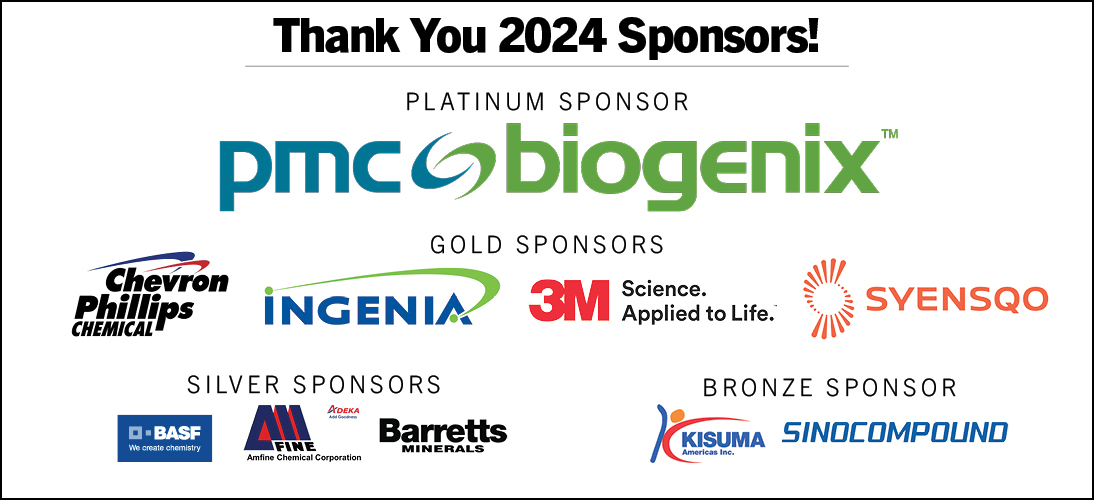President’s Message
Dear SPE-STX Members,

As we move into the new year we have had the opportunity to reflect on last year’s accomplishments and identify areas for growth. Last year the SPE South Texas section continued to drive growth in the International Polyolefins Conference (IPOC), bringing in record attendance numbers. Last year, through the work of our Education Committee, we also significantly increased our support of schools in Texas through scholarships, endowments, SPE student chapters, and equipment grants by committing over $101k toward these goals. As part of this commitment, an endowment in honor of Bill and Suzanne Diecks is being funded at the University of Houston. Bill and Suzanne were instrumental leaders in the South Texas section and the IPOC for a number of years. The Board of Directors felt that this was a fitting honor to their legacy.
In 2024 we are looking forward to increasing the number of sponsored events for the SPE community. Our first major event of the year, the SPE IPOC on February 18-21 in Galveston, will be our largest conference to date. Strong partnership with other SPE divisions has allowed us to expand the number of speakers and the topics that are being covered. With over 130 speakers, we are eyeing 1,000 attendees at this year’s conference. This remains the best place to learn what is happening in the Polyolefins industry, and an unparalleled opportunity to network with the people driving the industry forward.
After the IPOC we are planning a number of in-person and virtual events to take place throughout the spring and summer. Additionally, we are in the process of planning tutorials as part of an increased effort to support new learning opportunities for professionals in the plastics industry. Keep an eye out for announcements about these events coming in the near future.
All of these events and the student engagements sponsored by the section would not possible without our members volunteering. We are always looking for fresh ideas to engage our members and the students we support in new and exciting ways. If you are interested in getting more involved with SPE, or have ideas about the way we engage the community, please do not hesitate to reach out.
-Preston McDaniel
SPE South Texas Section President 2023-2024

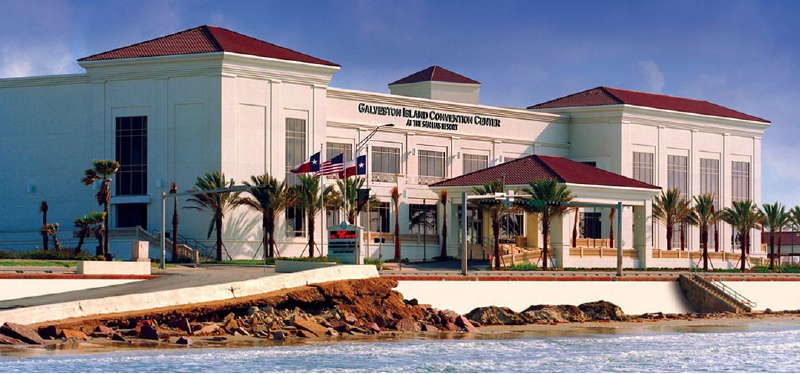
Join us for the 2024 International Polyolefins Conference
The conference will be held on February 18-21, 2024 at the Galveston Island Convention Center. The Program is 30% larger than last year, with over 130 presentations with the exhibitors located in the lunch and exhibition area.
We Appreciate Our Sponsors
Conference sponsors will be onsite to discuss their products and services with you.
Each Day Will Begin with a Keynote Speaker
- Monday’s speaker is Venki Chandrashekar, VP CPChem, overviewing their innovation and technology driven by circularity and climate action.
- Tuesday’s speaker is Anne-Marie Boulay of CIRAIG, an international research partnership leading development of metrics to assess the impact of plastics in the environment. This methodology incorporates microplastic waste and marine environments.
- Wednesday’s speaker is Alison Keane, President and CEO of the Flexible Packaging Association, representing one of the largest Polyolefins markets and one most closely associated with Extended Producer Responsibility, PCR mandates, etc.
Sunday Will Offer Three Tutorials
- Anson Wong and Mark Barger will overview the science of plastic foaming, the technology and subsequent products.
- Prof. Rigoberto Advincula, Governor’s Chair Professor at UT/Knoxville, will overview Machine Learning and Artificial Intelligence use to optimize 3D/4D Printing.
- Mike Levy will address the fundamentals of Life Cycle Assessment and its application to ISO circular economy standards.
To find your favorite agenda items, search the schedule by “topic” to find all presentations each day associated with your favorite “sustainability” or “additives” or “packaging” or “advanced recycling” or ….
The Program Is Rich with Opportunities
The halls will be full of colleagues with similar interests to broaden your thinking and contacts. See you there!
Register Here
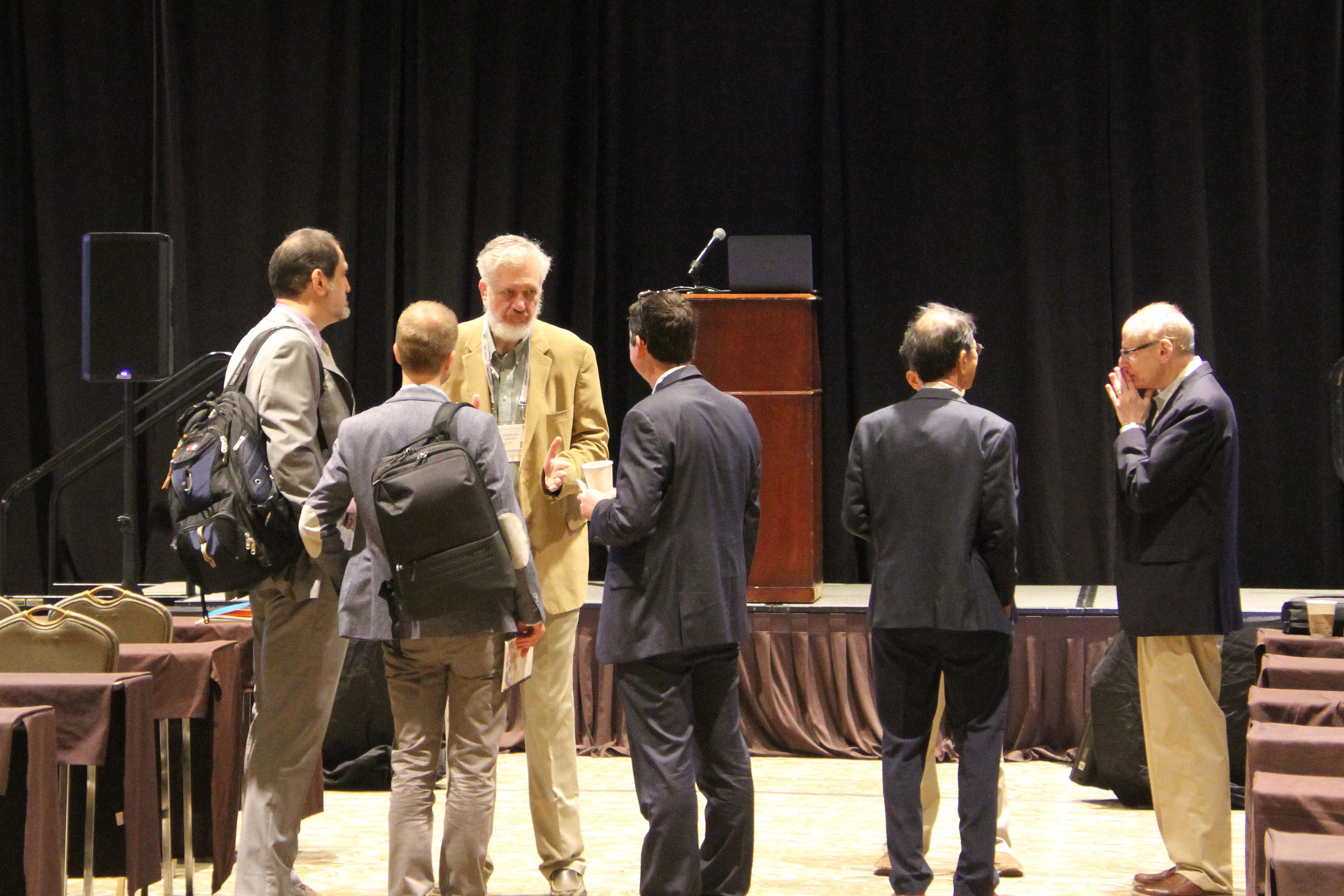
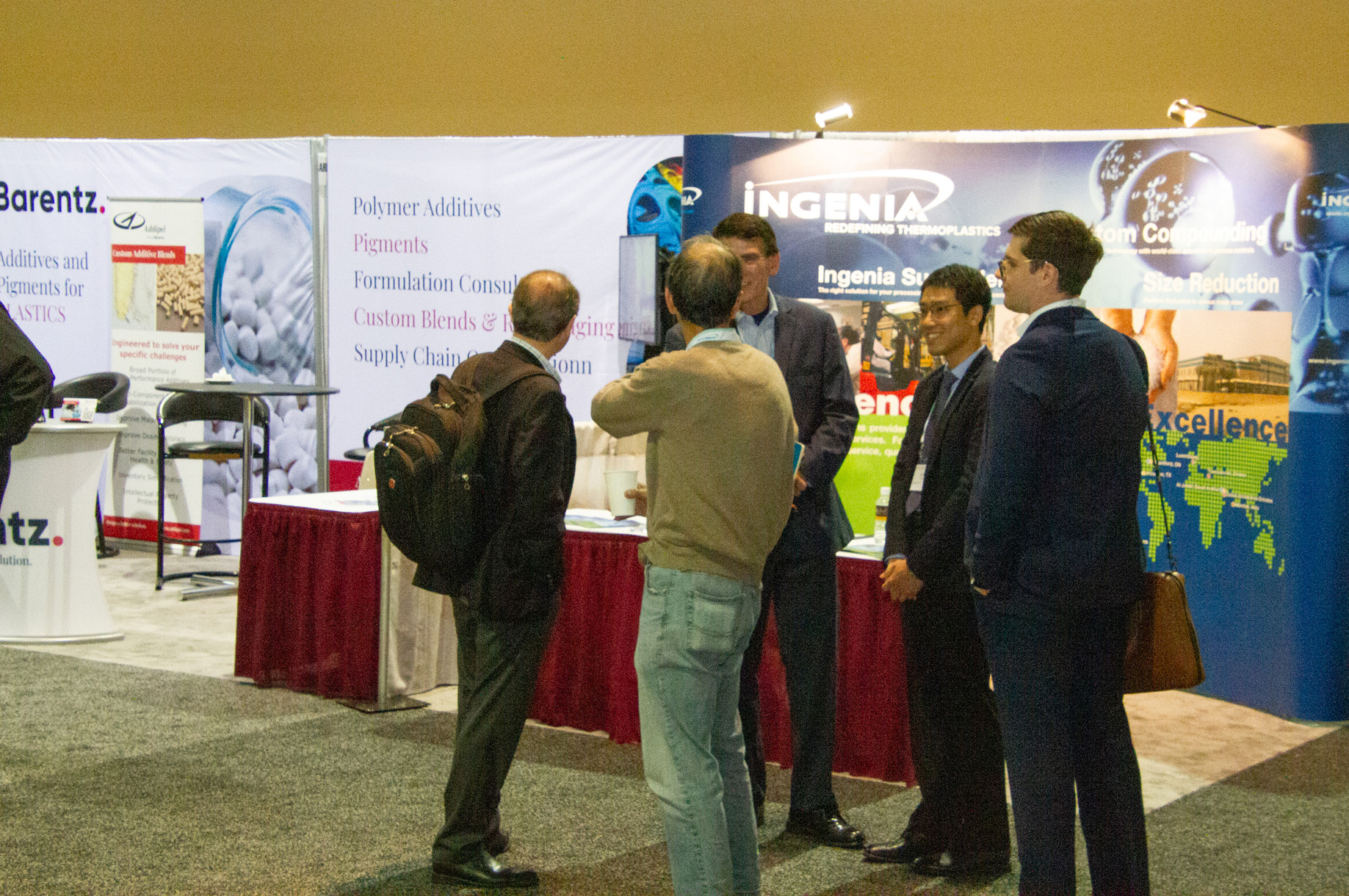
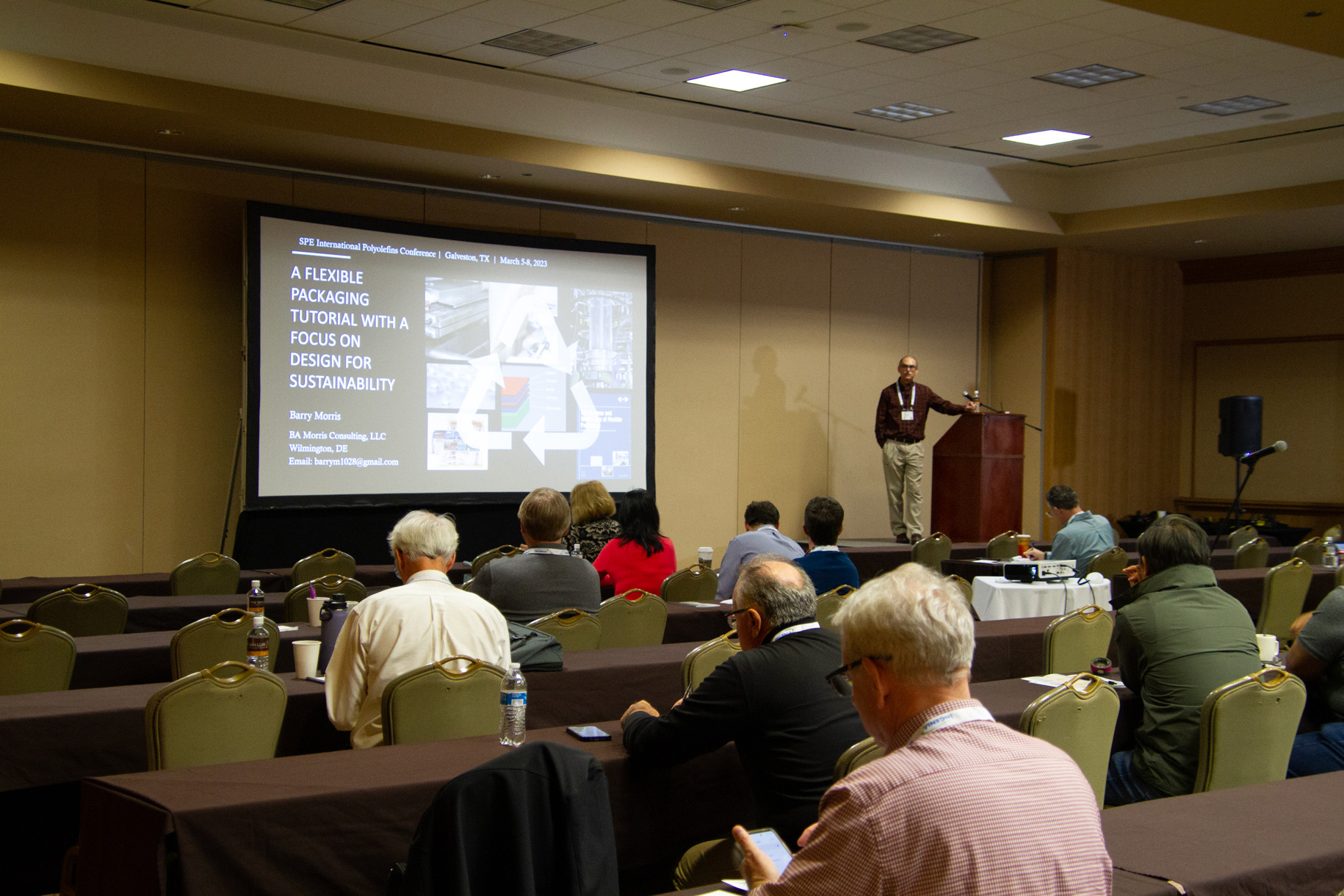
South Texas Section Supports Education
Over the last 20+ years roughly 50-75% of the SPE South Texas Section (STX) budget is devoted to supporting education and particularly students and education in the plastics industry.
The budget in the last 10 years has ranged from $50,000-$95,000/year (except in 2021 when COVID hit).
We Do This with theFollowing Activities:
- We support 8 different schools in Texas with SPE student chapters with scholarships ($3,000/yr) and chapter support of $1,000/yr.
- The schools we support are University of Houston, Texas A&M University, Baylor University, North Texas University, Texas State University, Lamar University, Texas Tech University, and Texas State Tech at Harlingen. Baylor and Texas A&M have received awards multiple times in previous years from SPE headquarters for being in the top three SPE student chapters in the nation.
- Over the last 50 years STX has funded $275,000 in endowments to Texas schools with SPE student chapters. In certain years we have provide matching laboratory equipment grants to the schools.
- STX awards $15,000 in scholarships annually to children of active STX members
- In the past and this coming year STX plans to supply judges and prizes to worthy plastics projects at the Houston Science Fair
- STX works with the SPE International Polyolefins Conference to allow 5 students from each of the schools STX supports to attend the Polyolefins Conference at no charge and to present posters and compete for prizes.
One Student from Each School Attending the Conference Receives a $1,000 Scholarship
The experience of attending the conference is invaluable. Each school has a faculty advisor and a STX Liaison to identify new opportunities on how we can support the SPE student chapters and students. STX has an Educational Committee which proposes a budget for each year.
Are You Interested in Participating on the Committee?
Please contact Janell Helton ( 713-503-6729).
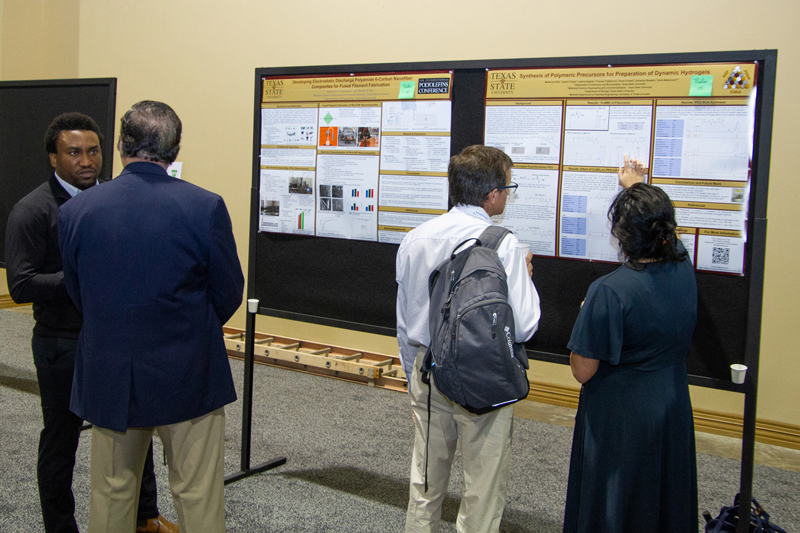
Rice University Researchers Say “Rapid Flash Joule Heating” Yields H2 and high-value Graphene
Reposted from plasticsengineering.org written by By Robert Grace | September 18, 2023
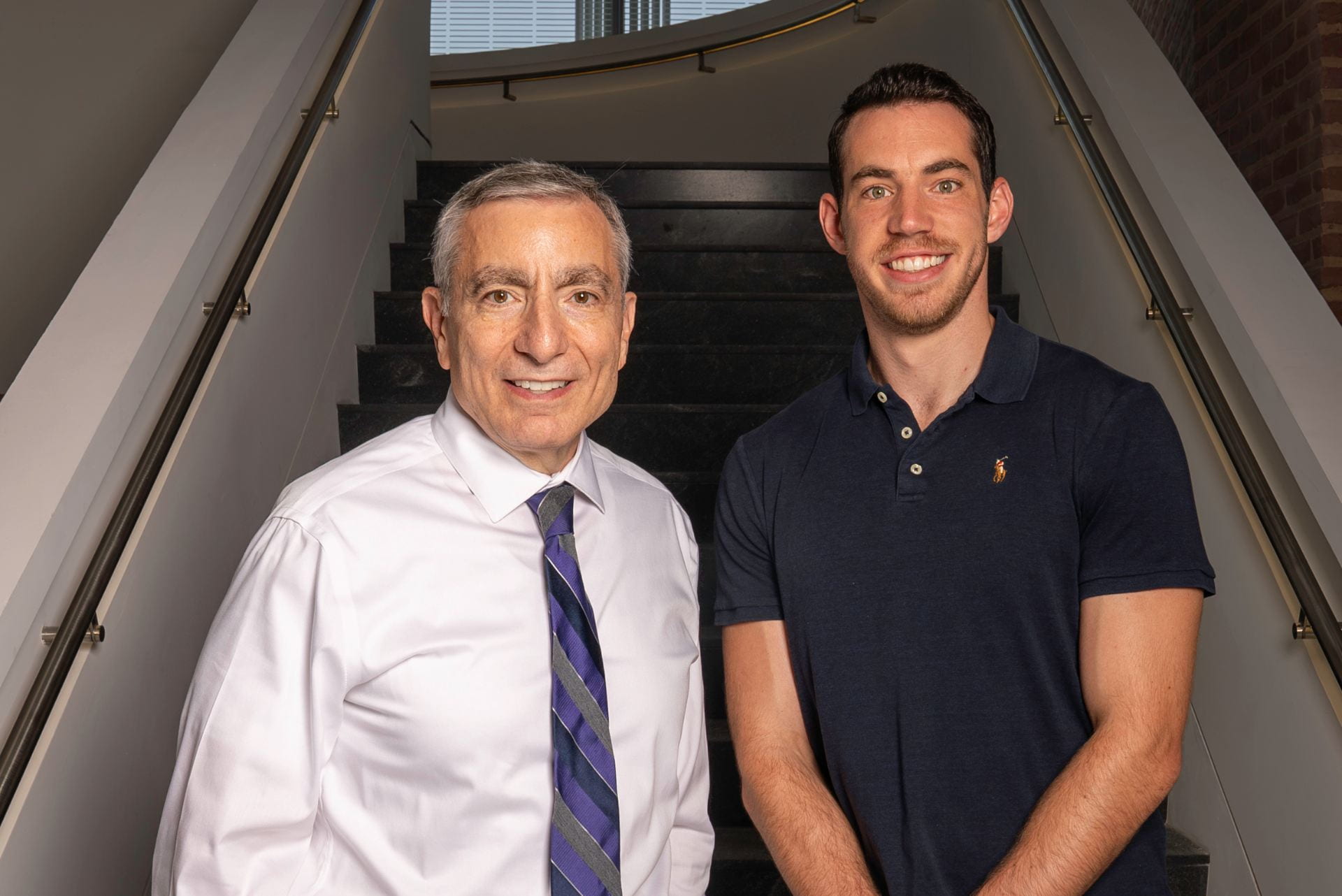
James Tour (left) and Kevin Wyss.
Photo by Gustavo Raskosky/Rice University
Researchers at Rice University in Houston say they have found a way to harvest green hydrogen — a sustainable alternative to fossil fuels — from plastic waste using a low-emissions method that could more than pay for itself. Current methods to produce hydrogen are said to either be too expensive or to generate too much carbon dioxide.
The newly developed process yields high-value graphene as a byproduct that if sold on the market could more than offset the production costs, according to Kevin Wyss, a Rice doctoral alumnus and lead author on a study published in the journal Advanced Materials.
“In this work,” Wyss says, “we converted waste plastics — including mixed waste plastics that don’t have to be sorted by type or washed — into high-yield hydrogen gas and high-value graphene. If the produced graphene is sold at only 5 percent of current market value … clean hydrogen could be produced for free.”
Hydrogen gas (H2) is the primary storable fuel for pollution-free energy production, with more than 90 million metric tons used globally each year. More than 95 percent of H2 is synthesized through metal-catalyzed steam methane reforming that produces 11 metric tons of CO2 per ton of H2. By comparison, “green H2” from water electrolysis using renewable energy releases no CO2, but costs up to three times more to produce, making it currently economically unviable.
‘Gray’ vs. ‘green’ hydrogen
“The main form of hydrogen used today is ‘gray’ hydrogen, which is produced through steam-methane reforming” and churns out a lot of CO2, said James Tour, Rice’s T. T. and W. F. Chao Professor of Chemistry and a professor of materials science and nanoengineering. “Demand for hydrogen will likely skyrocket over the next few decades, so we can’t keep making it the same way we have up until now if we’re serious about reaching net zero emissions by 2050.”
The researchers exposed plastic waste samples to rapid flash Joule heating for about four seconds, bringing their temperature up to 3,100 degrees Kelvin (or 5,120 degrees F). The process vaporizes the hydrogen present in plastics, leaving behind graphene –– an extremely light, durable material made up of a single layer of carbon atoms.
“When we first discovered flash Joule heating and applied it to upcycle waste plastic into graphene,” Wyss explained, “we observed a lot of volatile gases being produced and shooting out of the reactor. We wondered what they were, suspecting a mix of small hydrocarbons and hydrogen, but lacked the instrumentation to study their exact composition.”
The university obtained funding from the U.S. Army Corps of Engineers to buy the equipment needed to characterize the vaporized contents.
“We know that polyethylene, for example, is made of 86 percent carbon and 14 percent hydrogen,” Wyss said, “and we demonstrated that we are able to recover up to 68 percent of that atomic hydrogen as gas with a 94 percent purity. Developing the methods and expertise to characterize and quantify all the gases, including hydrogen, produced by this method was a difficult but rewarding process for me.”
The Rice researchers’ study states that a life-cycle assessment has yielded a 39-84 percent reduction in emissions compared to other H2 production methods, suggesting the flash H2 process to be “an economically viable, clean H2 production route.”
Why should you join SPE?
- Global Knowledge Center
- Industry Insider Publication
- Connection Maker
- Career Enhancer
- Accomplishment Recognizer
- Publisher of Research Resource
- Student Supporter
- Plastics Educator
- Technical Resources
- Broad Range of Focused Sections to participate in
Plastics Information: Check It Out

Houston Public LibraryThe Houston Public Library on McKinney has resources on plastics and polymers. Check out their catalog. If you are not near the McKinney location, you can arrange to pick up your books at your local branch.
The Fondren Library at Rice University has the most complete collection of books on plastics and polymers. This is also a prime resource for patent and trademark information, as well as other US Government documents. You cannot check out books there unless you join Fondren Library [$50], but you can arrange for books to be sent to your library by inter-library loan. Use their catalog.
The next best place to browse is at the MD Anderson Library at the University of Houston central campus. South Texas Section has donated many plastics books to this library. If you plan ahead, you can get a TexShare library card from a library where you are a member, which will allow you to check out books from any U of H library. Their catalog is here.
Officers
Section Officers
President
Preston McDaniel
Dow
President Elect
Jason Ball
Reterra
Past President
Iman Bahrani
Albemarle
Vice President
Secretary
Fernando Cevallos-Candau
Consulting
Treasurer
Peter Lauzon
Plastic Pipeline Integrity
Councilor
Steve Pontiff
Ecolab
Committee Chairpersons
Awards Committee Chair
Golf Outing
Education Committee Chair
Housing
Renee Colyer
J. M. Huber Corporation
Membership Committee
Steve King
Turning Point Management Solutions, LLC
Technical Program
Dell Doyle
Dow Chemical
Young Professional Chair
Polyolefins 2024 Chair
Donna Davis
Donna Davis Consulting
Board Members
John Wagner
Ingenia Polymers
Donna Davis
Donna Davis Consulting
Carl Baker
Shell
Kumar Sanketh
Dow
Steve King
Turning Point Management Solutions, LLC
Dell Doyle
Dow
Clifford Lee
Lee Plastics Consulting
Steve Torchia
Sasol Chemicals
Alisa Chen
Dow
Web Content/Section Coordinator
Janell Helton
Houston, TX 77084
713-503-6729
jdhelton@comcast.net
